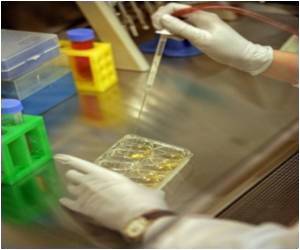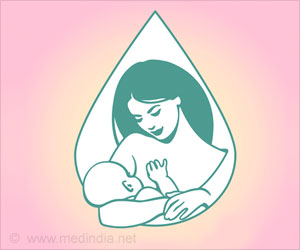Scientists have found that use of nitroglycerin ointment among postmenopausal women was associated with an increase in bone mineral density and also a reduction in bone loss (resorption).

Sophie A. Jamal, of the Women's College Research Institute and University of Toronto, Canada, and colleagues tested the efficacy of once-daily nitroglycerin ointment to increase bone mineral density (BMD) at the lumbar spine, femoral (bone in the leg that extends from the hip to the knee) neck and hip.
The placebo-controlled randomized trial was conducted from November 2005 to March 2010 and included 243 postmenopausal women.
The participants were randomized to nitroglycerin ointment or placebo, applied at bedtime to the upper arm for 2 years.
The researchers found that compared with placebo, women randomized to the nitroglycerin group had significant increases in areal (an area) BMD at the lumbar spine (6.7 percent), total hip (6.2 percent), and femoral neck (7.0 percent) at 24 months.
Nitroglycerin users also had increases in certain measures of BMD and bone strength of the radius and tibia. Additionally, compared with placebo, treatment with nitroglycerin was significantly associated with an increase in bone-specific alkaline phosphatase, a marker of bone formation; and a decrease in urine N-telopeptide, a marker of bone resorption.
Advertisement
"Together, these findings suggest that daily nitroglycerin may reduce the risk of vertebral and non-vertebral fractures," the authors conclude.
Source-ANI










